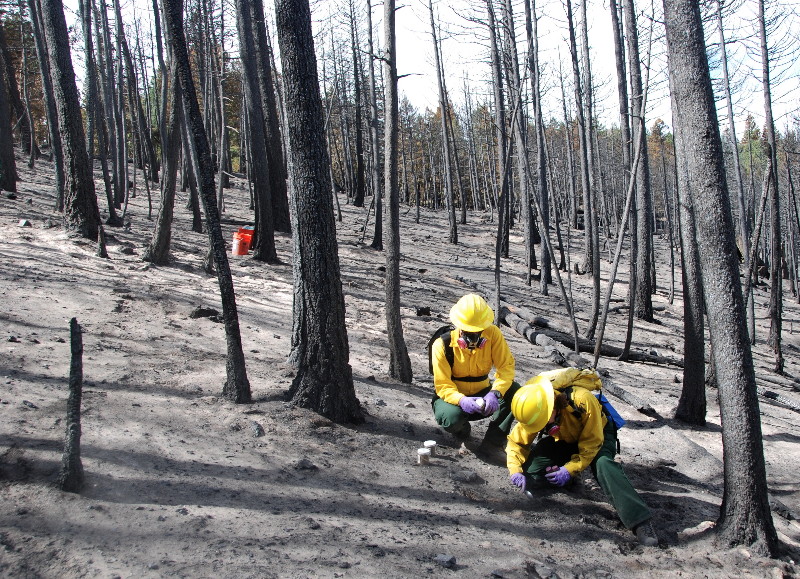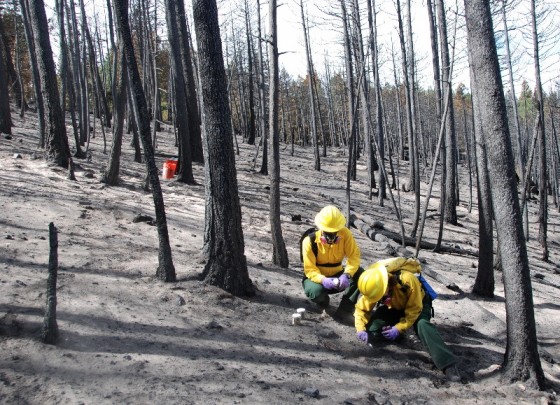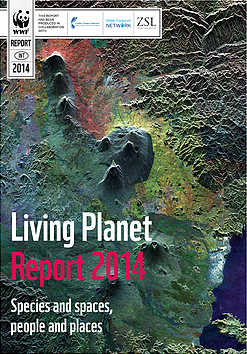 Living Planet Report (starts at 5:50): The environmental organization World Wildlife Fund just released its science-based biennial Living Planet Report. It doesn’t paint a rosy picture overall; WWF shows that, for instance, wildlife populations across the globe are roughly half the size they were 40 years ago. And although rich countries show a 10 percent increase in biodiversity, lower-income countries are suffering a drop of nearly 60 percent. The report also ranks the ecological footprints of 152 nations, and warns that the world is living beyond its means. But there are bright spots in the report, too. Even in the absence of national legislation and international treaties, some cities in the U.S., including Boulder, and around the world are making progress toward sustainability and greenhouse gas reductions. Co-host Susan Moran interviews Keya Chatterjee, director of WWF’s renewable energy and footprint outreach program.
Living Planet Report (starts at 5:50): The environmental organization World Wildlife Fund just released its science-based biennial Living Planet Report. It doesn’t paint a rosy picture overall; WWF shows that, for instance, wildlife populations across the globe are roughly half the size they were 40 years ago. And although rich countries show a 10 percent increase in biodiversity, lower-income countries are suffering a drop of nearly 60 percent. The report also ranks the ecological footprints of 152 nations, and warns that the world is living beyond its means. But there are bright spots in the report, too. Even in the absence of national legislation and international treaties, some cities in the U.S., including Boulder, and around the world are making progress toward sustainability and greenhouse gas reductions. Co-host Susan Moran interviews Keya Chatterjee, director of WWF’s renewable energy and footprint outreach program.
Finding Exoplanet Water (starts at 18:15): For the first time, scientists have detected water vapor on a cold exoplanet the size of Neptune. Previously, it had only been possible to measure the atmospheres of larger, Jupiter-sized exoplanets, but these findings from the Hubble and Spitzer Telescopes bring scientists a significant step closer to studying the atmosphere of Earth-sized planets orbiting other stars. Understanding the atmosphere of exoplanets may tell us more about their evolution and formation – Eliza Kempton, assistant professor of physics at Grinnell College in Iowa, explains in this report from Roland Pease of the BBC’s Science In Action.
Executive Producer: Joel Parker
Producer: Ted Burnham
Co-Hosts: Susan Moran, Ted Burnham
Engineer: Ted Burnham
Headlines: Beth Bennett, Jane Palmer
Listen to the show:
Podcast: Play in new window | Download (Duration: 24:53 — 34.2MB)
Subscribe: RSS




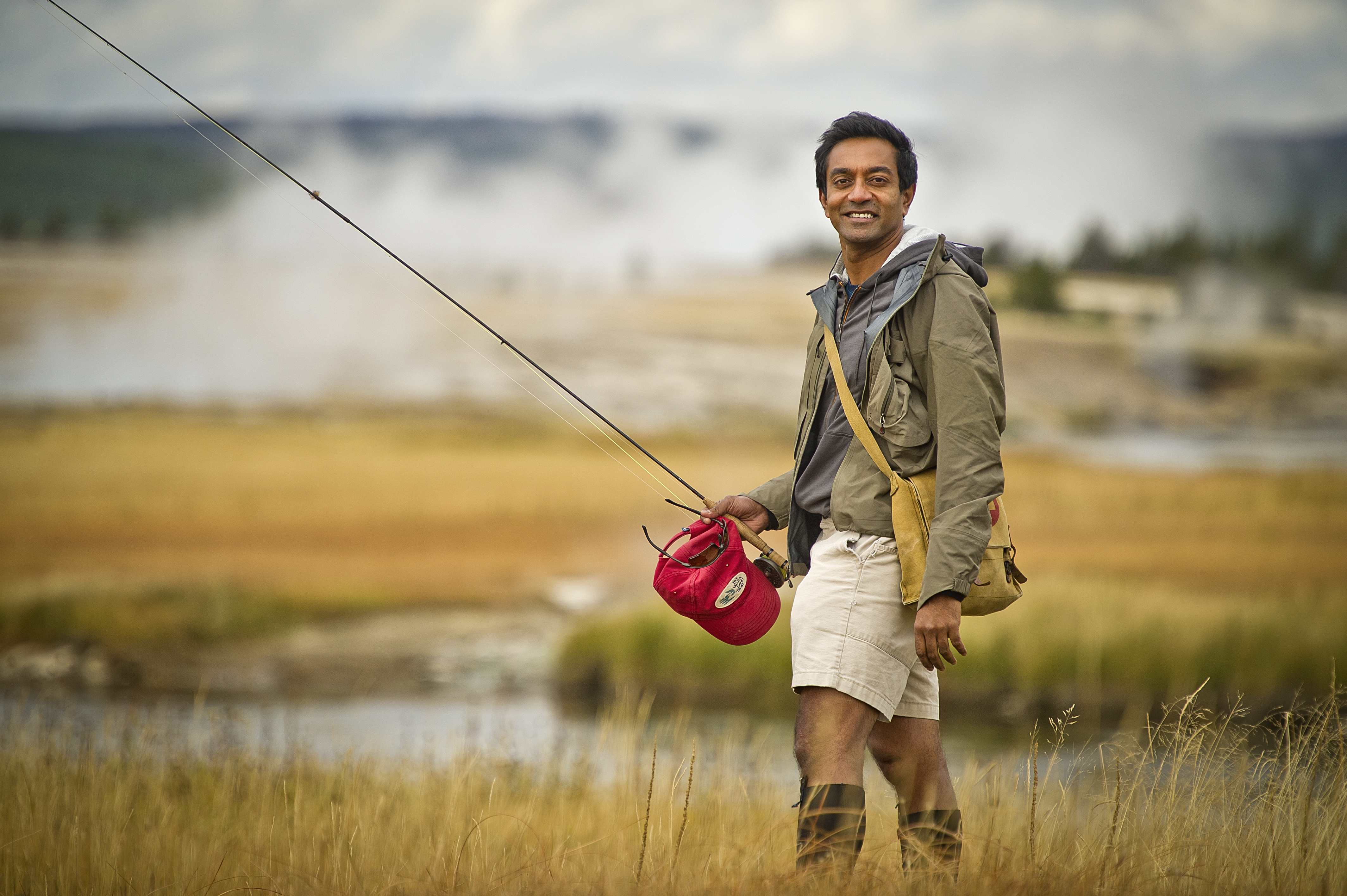
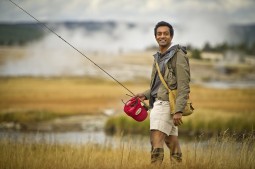
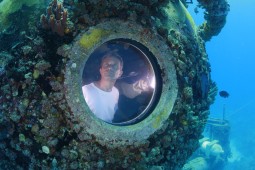


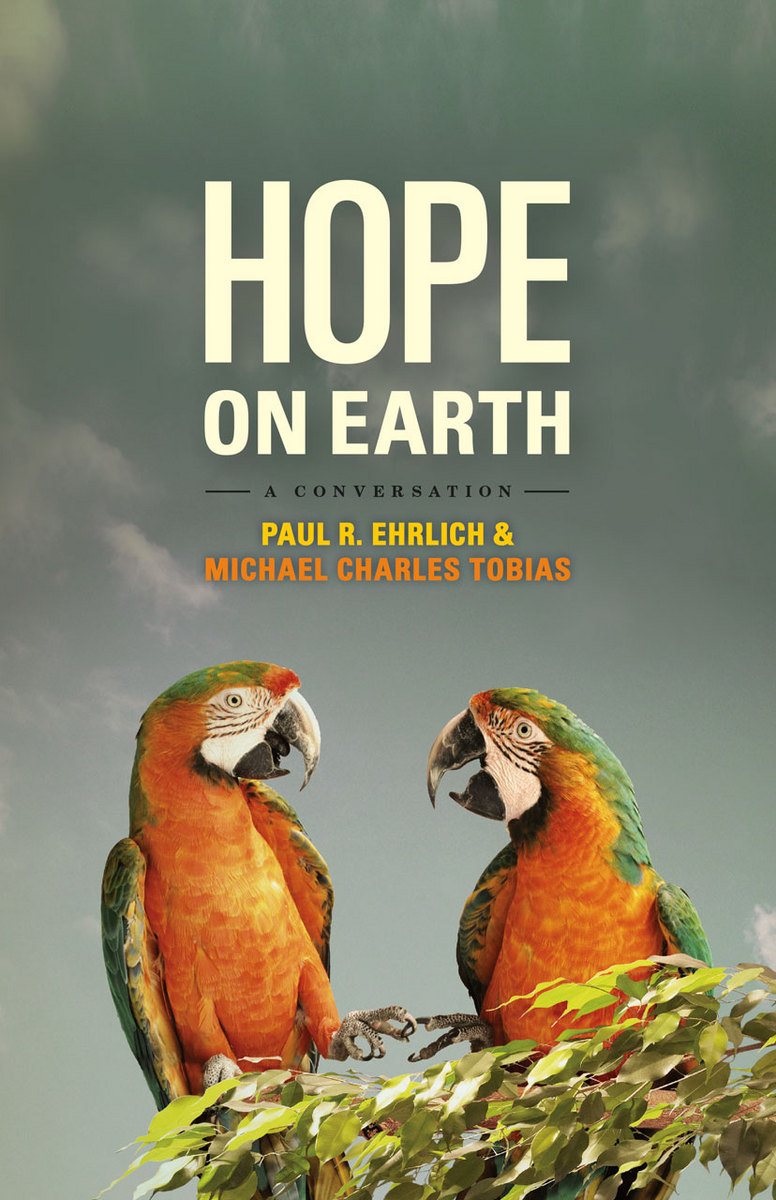
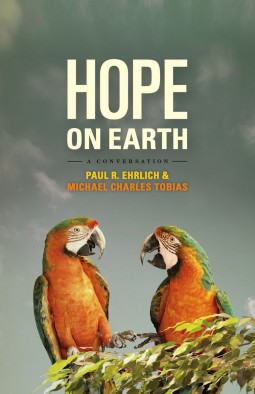 Hope On Earth (starts 7:08): Few people have thought as critically and deeply about the state of Earth and our role on it than
Hope On Earth (starts 7:08): Few people have thought as critically and deeply about the state of Earth and our role on it than 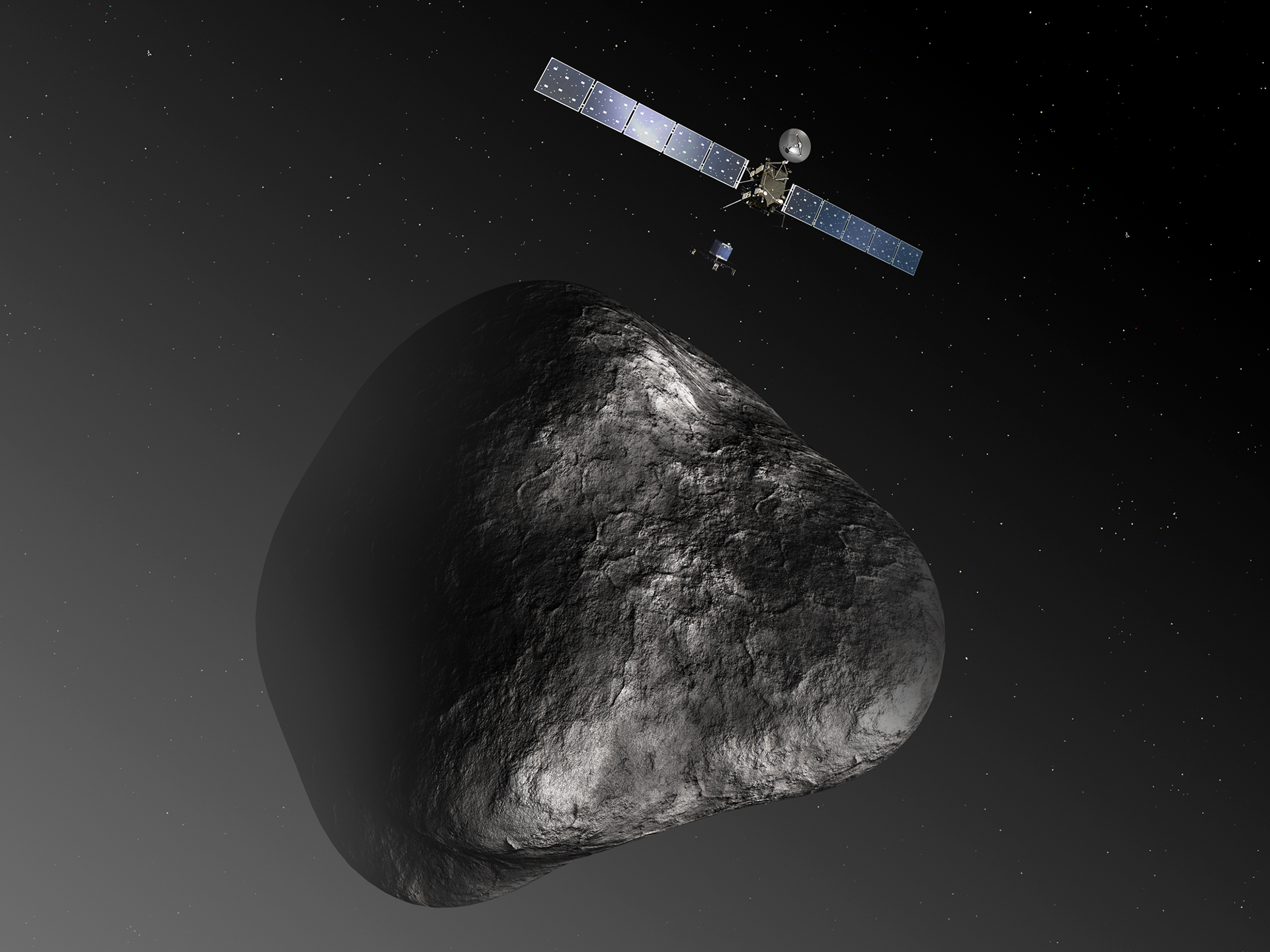

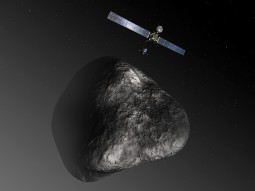
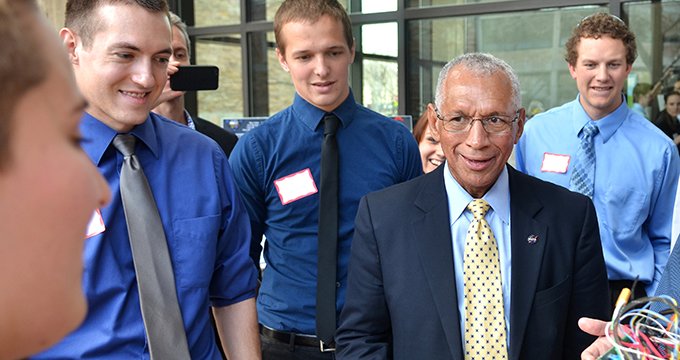
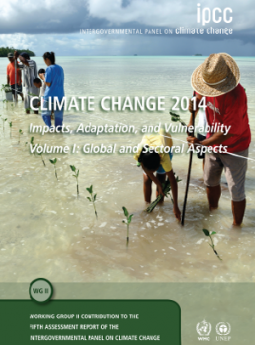 Earth Day gives us plenty of reason to reflect on the state of the planet and the impact we humans have had on it. This week’s show featured
Earth Day gives us plenty of reason to reflect on the state of the planet and the impact we humans have had on it. This week’s show featured 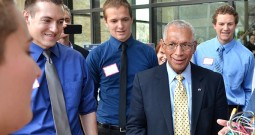





 On today’s pledge drive show we played excerpts from an interview with evolutionary biologist and author Richard Dawkins about his new book, The Magic of Reality: How We Know What’s Really True. The book was also featured as a promotional gift for listeners who chose to support KGNU, the independent community radio station that makes shows like How On Earth possible. We now bring you an extended version of that interview.
On today’s pledge drive show we played excerpts from an interview with evolutionary biologist and author Richard Dawkins about his new book, The Magic of Reality: How We Know What’s Really True. The book was also featured as a promotional gift for listeners who chose to support KGNU, the independent community radio station that makes shows like How On Earth possible. We now bring you an extended version of that interview.